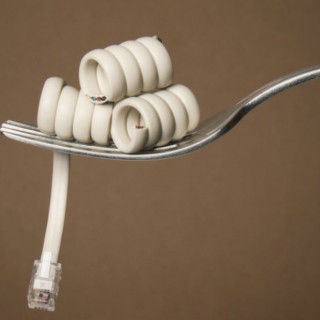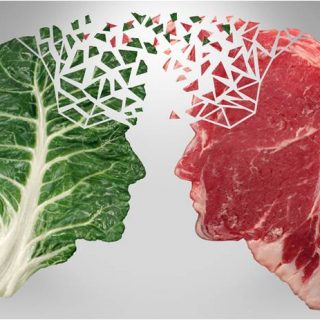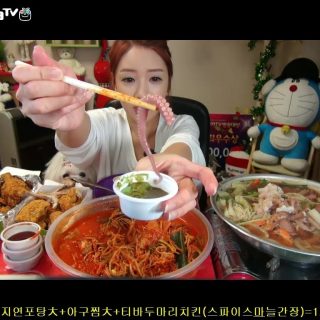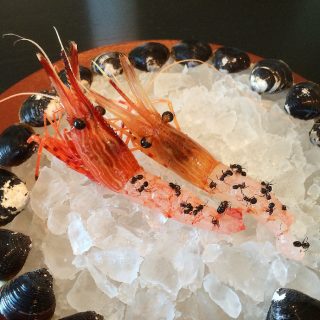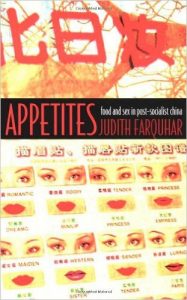 Judith Farquhar’s innovative study of medicine and popular culture in modern China reveals the thoroughly political and historical character of pleasure. Ranging over a variety of cultural terrains–fiction, medical texts, film and television, journalism, and observations of clinics and urban daily life in Beijing—Appetites challenges the assumption that the mundane enjoyments of bodily life are natural and unvarying. Farquhar analyzes modern Chinese reflections on embodied existence to show how contemporary appetites are grounded in history.
Judith Farquhar’s innovative study of medicine and popular culture in modern China reveals the thoroughly political and historical character of pleasure. Ranging over a variety of cultural terrains–fiction, medical texts, film and television, journalism, and observations of clinics and urban daily life in Beijing—Appetites challenges the assumption that the mundane enjoyments of bodily life are natural and unvarying. Farquhar analyzes modern Chinese reflections on embodied existence to show how contemporary appetites are grounded in history.
From eating well in improving economic times to memories of the late 1950s famine, from the flavors of traditional Chinese medicine to modernity’s private sexual passions, this book argues that embodiment in all its forms must be invented and sustained in public reflections about personal and national life. As much at home in science studies and social theory as in the details of life in Beijing, this account uses anthropology, cultural studies, and literary criticism to read contemporary Chinese life in a materialist and reflexive mode. For both Maoist and market reform periods, this is a story of high culture in appetites, desire in collective life, and politics in the body and its dispositions.
Contents :
Introduction
Part I. Eating: A Politics of the Senses
Preamble to Part I / Lei Feng, Tireless Servant of the People
1. Medicinal Meals
2. A Feast for the Mind
3. Excess and Deficiency
Part II. Desiring: An Ethics of Embodiment
Preamble to Part II / Du Wanxiang, The Rosy Glow of the Good Communist
4. Writing the Self: The Romance of the Personal
5. Sexual Science: The Representation of Behavior
6. Ars Erotica
Conclusion / Hailing Historical Bodies
Order the book
Food 2.0 LAB in association with Amazon
Books by the same author –









